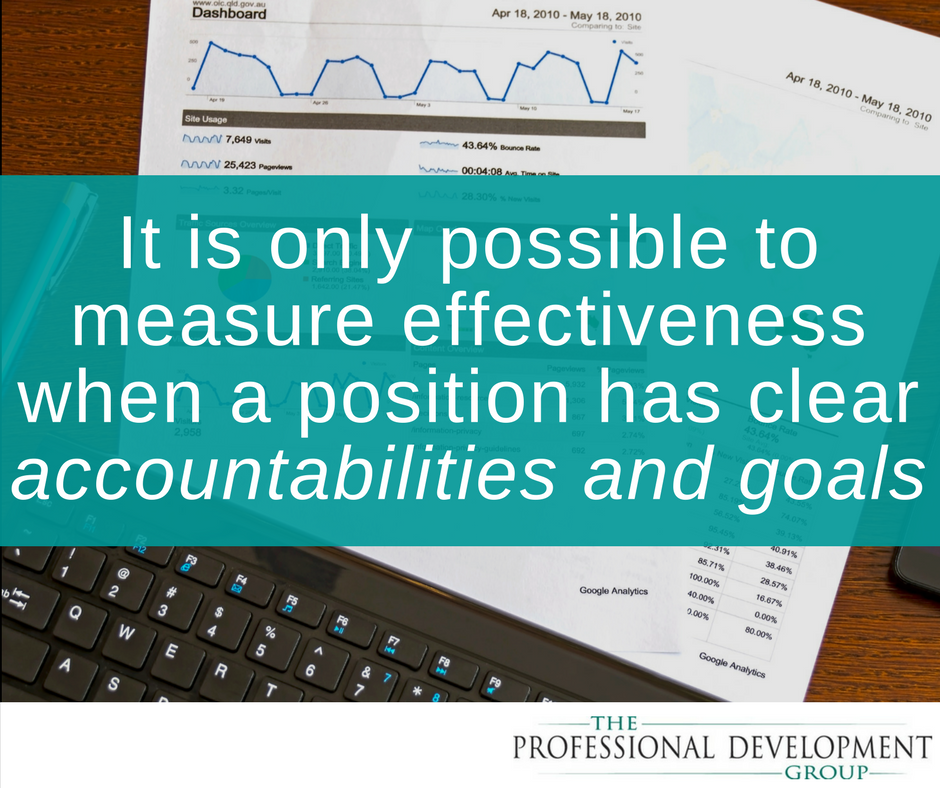Preparing for performance reviews is a year-long process. That means managers - or anyone who has an employee - needs to create an ongoing conversation with employees about performance. The "Performance Review" is a written summary of these on-going conversations.
To make the review process more efficient, begin with a Job Benchmark that shows what is expected from an employee in their role. A Job Benchmark includes the key accountabilities, natural talents, communication style and motivators that work in tandem to create success in the role. In high performing organizations, this information is given to employees in writing, when they begin their job and at the beginning of a performance review cycle. That means from the get-go they can see what "star performance" means to you. Then together decide together how often you will meet to update each other on progress made and issues that arise.
Your goal with all this is to create regular conversations about performance and broader summaries on a monthly basis, to keep the employee focused and inspired. It's also important to be clear that the end-of -year performance review is a written summary of a dozen or more conversations that occurred between you and your employee during the year. Performance reviews are not a surprise - they are the end product of a series of yearlong discussions about aspirations and results. Prepare your team members to describe their performance results even if you're not there at the end of the year to do it with them.
A performance review is conducted effectively when both parties take responsibility for it and the right amount of time is spent on it. If you're meeting with a star performer for example, and are discussing a problematic issue that represents 10 percent of that employee's performance - and the other 90% is great - spend ten percent of the conversation on that issue. The remaining 90 % would be a positive conversation endorsing the attributes of your employee.
It also helps to have a conversation, especially for less experienced workers, about their "dream job." Ask them if there were no barriers (like bills to pay or family obligations to meet) what their dream job would look like, what responsibilities it would entail, and what kind of assignments would be involved. This gives the employee a chance to reflect on their dream job to explore if it actually plays to their passions. It also causes employees to feel more loyal to their supervisors, especially when they see the supervisor adding some of those "dream job" elements to assignments and referring to it in a written performance review.
In fact, based on our research, we've found that performance reviews tied to an individuals' goals and future aspirations are more inspiring and engaging than reviews focused only on day-to-day performance. Providing that space - physically on the review form and psychologically in discussions that focus on long-term plans and goals, helps employees connect what is being done day-to-day to building for their future.

